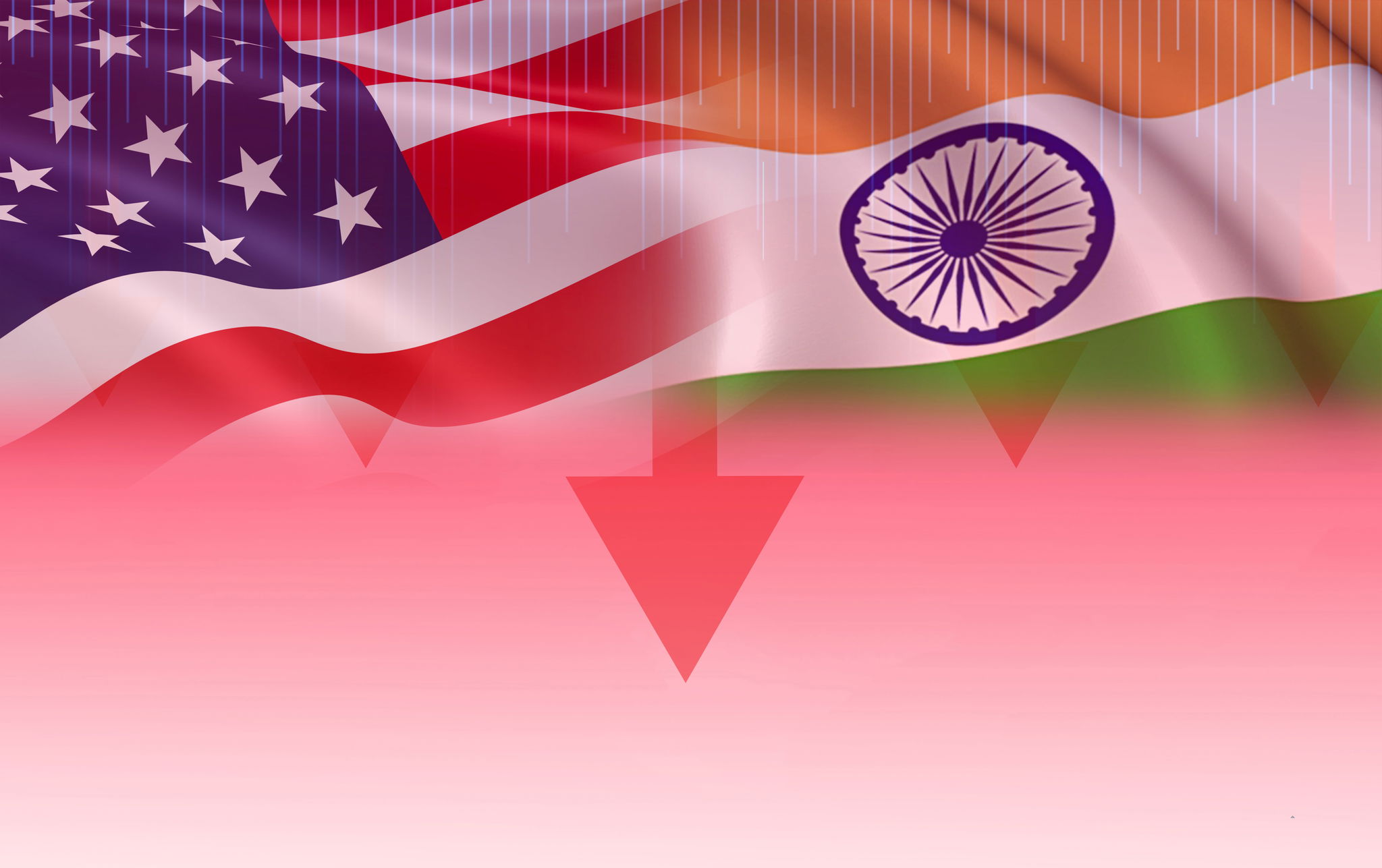America
Pew Research Center: Indian Migrants Among Top Three Asian Groups Sending Money Home

May 3 :
The most common Asian groups among American adults who have given to charities in their home countries or sent money back through remittances are Filipinos, Indians, and Vietnamese, according to a recent paper by the Pew Research Centre.
It states that adults from the three largest Asian origin groups in the US—Filipinos(42%), Indians(36%), and Vietnamese (33%)—are the most likely to have given money to someone in their ancestral nation. Among adults, the lowest likelihood of saying this is among Chinese (10%) and Japanese (3%).
The media release states that the study delves at the financial and charitable connections that Asian Americans have with both the United States and their ancestral homelands. The study is based on a bilingual, nationally representative survey of 7,006 Asian adults, which was carried out from July 5, 2022, to January 27, 2023. Roughly $63 billion in remittances were sent back to the countries of origin of Asian Americans in 2021. Indian, Filipino, Chinese, Vietnamese, and South Korean remittances totaled about $55 billion, with the six most common Asian American origin countries receiving nearly half of this total, according to a Pew Centre study of World Bank statistics.
For most Asian individuals, covering everyday expenses (63%) and medical bills (50%) is the primary motivation for sending remittances. The reasons differ slightly amongst groups of Asian ancestry, levels of education, and familial links to one's native nation. Partially due to its enormous immigrant population, the United States is the leading nation in the world that sends remittances. Roughly $63 billion in remittances were sent back to the countries of origin of Asian Americans in 2021.
With the highest concentrations of Asian Americans hailing from India, the Philippines, China, Vietnam, South Korea, and Japan, it's no surprise that these nations also get the greatest remittances from around the United States. The United States disbursed around $55 billion to these six nations in the year 2021.
In 2021, U.S. remittances went to a total of five countries, three of which were China, the Philippines, and India. U.S. remittances of over $10 billion were received by each nation that year. Though the amount of remittances sent by Americans to Vietnam, Korea, and Japan was lower in 2021, they accounted for more than 40% of all remittances received by those three countries.
Generalised speaking, remittances do not constitute large portions of the total GDP of these Asian origin nations. In 2021, migrant remittances accounted for 9.3% of the Philippines' GDP, with 3.3% of that total coming from the United States alone. The only country that did not qualify was the Philippines. The research states that numerous Asian countries have made efforts to acknowledge their overseas Asian communities and the value of their remittances and other forms of financial support. These countries include India and the Philippines.
Giving back to the community is important to Asian Americans; 64% of them have done it in the last year, the report found.
Along with that, 27% of Asian adults in the US have sent money back to their ancestral homeland in Asia. In America, just one significant racial or ethnic group—Asians—consists primarily of immigrants. A large portion of Asian American families still resides in the Asian nation of origin, from where many Americans spent formative years or still have close ties.
Donations to charities in the Asian country of origin received by around 20% of Asian adults in the US in the past year.
Charities in the United States have received donations from the vast majority of Asian adults, regardless of whether they are immigrants or native-born. A whopping sixty percent or more in each category report having participated. Still, among Asian adults, immigrants are more likely to have donated to a charity in their home country (23% vs. 11%) than Asian individuals born in the United States.
As a whole, Asian American individuals are nearly three times as likely to have donated or volunteered for a charity in the United States than they are in the country of their Asian ancestry (64% vs. 20%). One indicator of Asian Americans' level of religious commitment is the extent to which they have contributed to good causes. Among Asian adults, those who rate religion as very important are more likely to have donated to a charity than those who rate it as not important at all or either place.



































